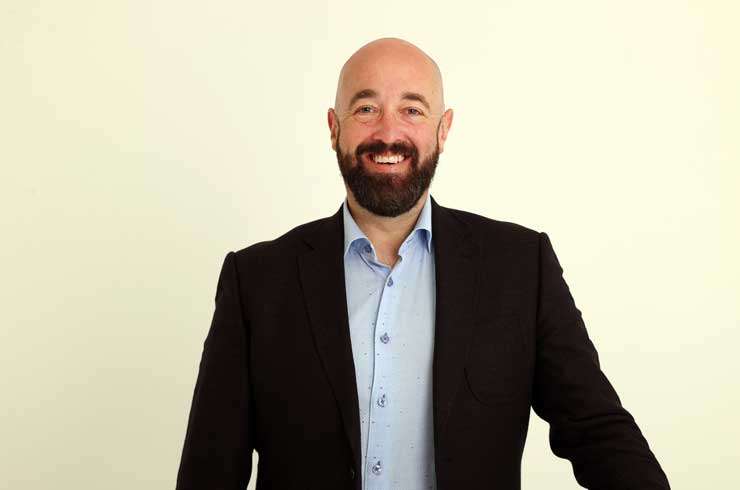ANALYSIS: Economists believe a 15%-20% drop in house prices from peak levels is highly possible. Whether or not this comes to pass is a question that involves several factors, from local inflation rates and lending regulations through to the outcome of Russia's invasion of Ukraine. However, the question a lot of first home buyers are asking is: will falling house prices make buying a house easier?
The answer depends on what your hurdle to buying is. If a deposit is your issue, in other words, you don’t have enough deposit to satisfy the bank’s criteria, then cheaper properties are very clearly going to be a good thing for you. A $1m property would require a $100,000 deposit when borrowing at a loan value ratio of 90%. But a 15% drop in property prices would reduce that to $85,000. If the drop in house prices happens over the next year, then your deposit goal is reduced as your actual savings grow. This is a different world from the past five years or so, where first home buyers have struggled to save a deposit fast enough to keep up with the price of houses.
The interesting issue for high loan-to-value ratio borrowers - buyers borrowing more than 80% of the price of the house - will be whether there is any money for the banks to lend to them. Banks can only lend 10% of their new mortgage funds to low deposit borrowers and to make sure they don’t accidentally breach this level, they tend to lend at a much lower percentage than this. In reality, only about 5% to 6% of the mortgages that are issued by the banks are to high LVR borrowers.
Even last year, when mortgage lending was at record volumes, it was incredibly difficult to get a mortgage with less than a 20% deposit. Later this year, when lending volumes are expected to be significantly lower, it will be even harder.
Start your property search
Given the fear of house prices dropping, real or imagined, we wouldn’t expect the Reserve Bank to loosen the amount of lending that banks can give to low deposit borrowers. After all, the restrictions are there for this exact event: to minimise the number of homeowners who will be affected by a significant correction in the property market.
High LVR lending will be reserved, therefore, for the highest quality applicants. The most common way banks filter their applicants is by income levels. When high-LVR borrowing is tight, higher earners will be at the front of the queue.

Mortgage Lab founder Rupert Gough says it's difficult to get a mortgage with deposit of less than 20%. Photo / Fiona Goodall
If income (the ability to service a mortgage) is the problem, and not the deposit, don’t expect lower property prices to significantly help. While lower house prices mean a smaller mortgage, it’s widely expected that interest rates will continue to go up taking the borrowing power out of your income.
Furthermore, although most banks have recently adjusted their servicing rates - the interest rate that banks stress test your ability to borrow at - they haven’t raised the servicing rate anywhere near the amount that interest rates have actually increased. It seems likely that these servicing rates will go up further in the future, meaning your income could still only be able to buy the same house later in the year, even after a price reduction.
If you are able to buy a home today, instead of waiting for a market retraction, I would suggest going out in search of bargains; there are plenty out there now that we are firmly in a buyer's market. The house price statistics you see are the average of house prices meaning some houses are already going at bargain prices.
If you aren’t able to get a mortgage yet, don’t give up. What is true in the past, is still true now. The best thing any future home buyer can do is continue to save as much as they can towards a deposit regardless of what house prices are doing. As the deposit grows, keep track of how much you are able to borrow with your income and deposit so you’re ready to apply when that number reaches the price of houses that are suitable for you.
- Rupert Gough is the founder and CEO of Mortgage Lab and author of The Successful First Home Buyer.






















































































